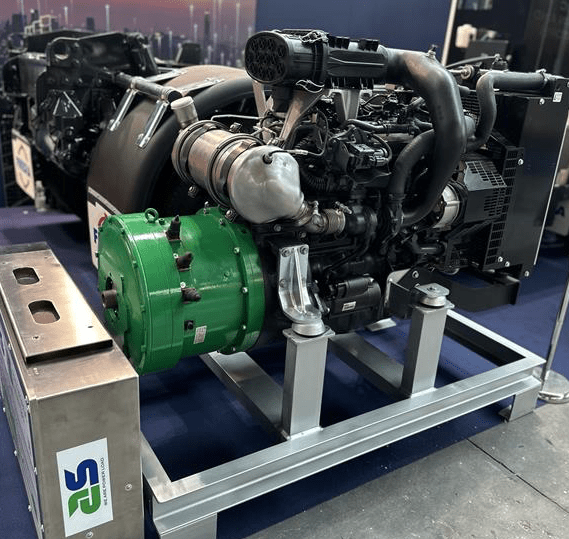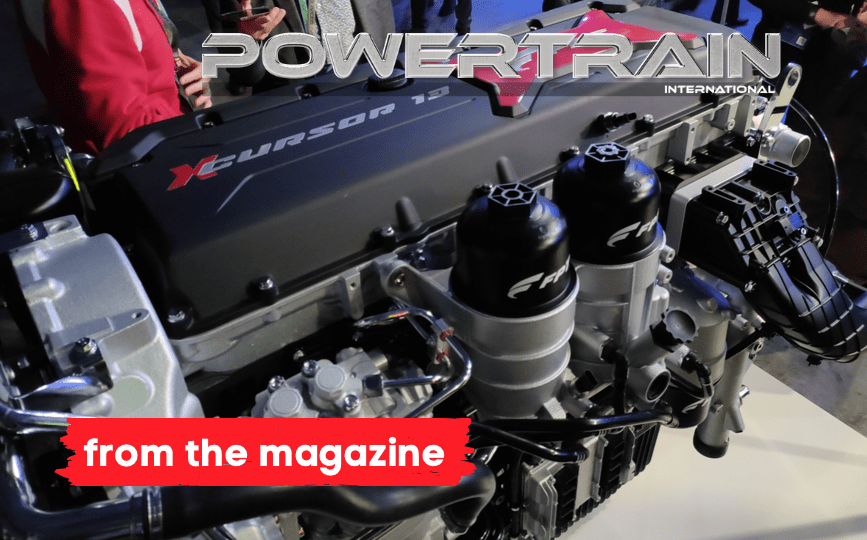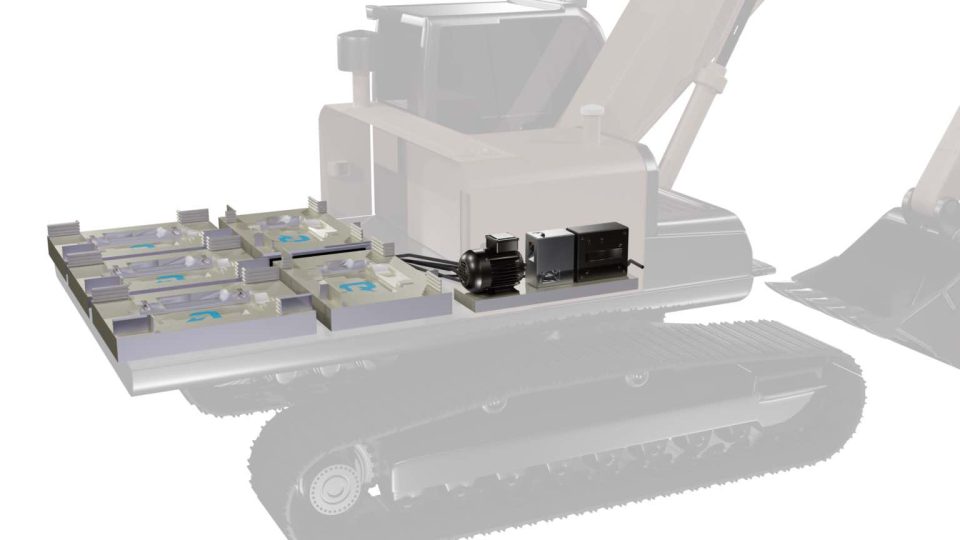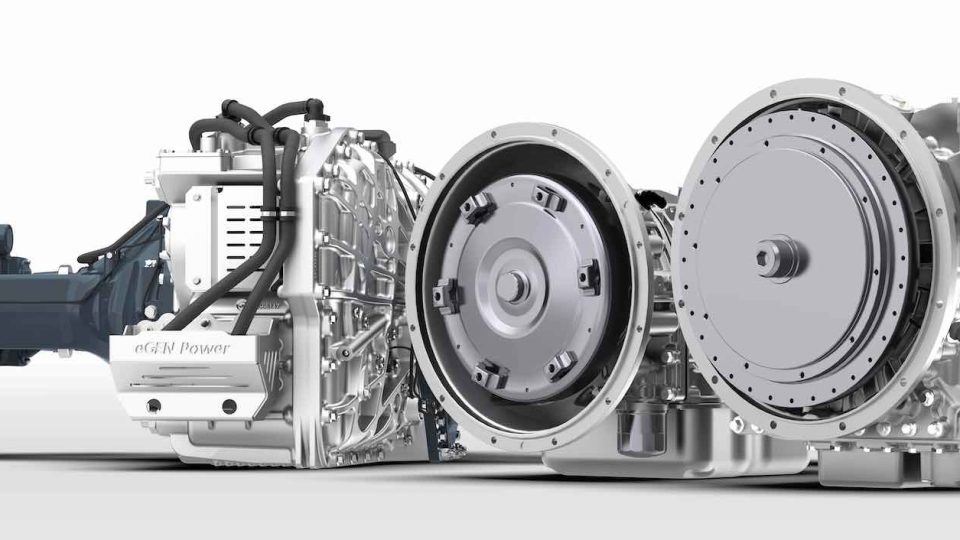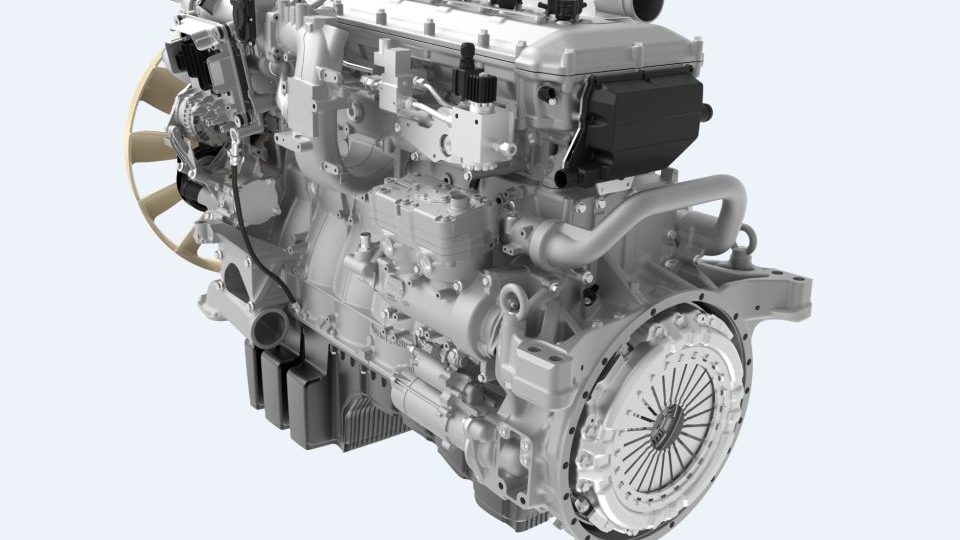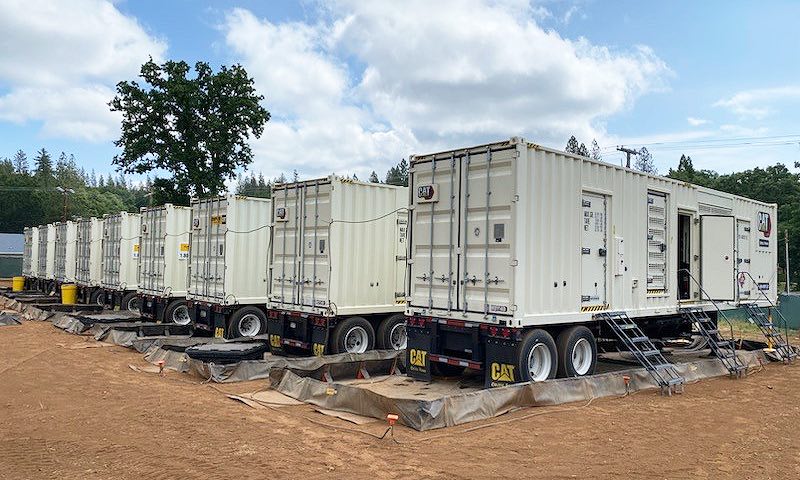Westport and AVL shared publication about lower TCO of hydrogen ICEs
The analysis presents the case for hydrogen use in an internal combustion engine with Westport Fuel Systems’ patented HPDI 2.0TM fuel system. HPDI 2.0 is already used by large fleets today, reducing CO2 by 23 percent with fossil LNG, and delivering net zero carbon emissions when used with bioLNG.
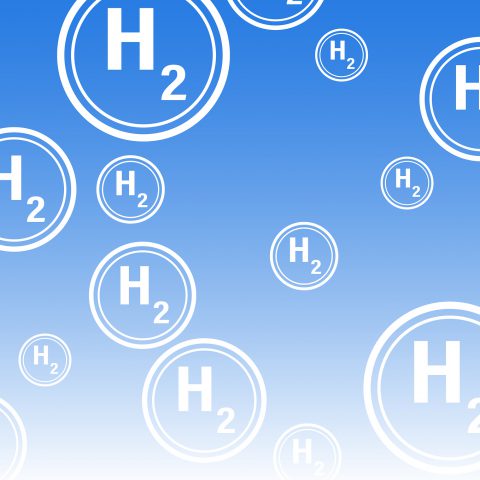
Westport Fuel Systems is a global benchmark in alternative fuel, low-emissions transportation technologies. AVL (here, a post about their commitment in the H2-ICE network) is a primary player for the development, simulation and testing of powertrain systems. The two global companies released a paper, entitled ‘Total Cost of Ownership (TCO) Analysis for Heavy Duty Hydrogen Fueled Powertrains’, whose results show a relevant impact when it comes to hydrogen-fueled powertrain.
According to the official statements, «The analysis presents the case for hydrogen use in an internal combustion engine with Westport Fuel Systems’ patented HPDI 2.0TM fuel system, as the most cost-competitive near-term pathway to reduce CO2 emissions to near-zero from on-road long-haul transportation. The paper undertakes a comprehensive TCO analysis, applying inputs from Westport Fuel Systems HPDI hydrogen (H2-HPDI) simulations and HPDI 2.0 operating costs with AVL’s existing TCO models for diesel and fuel cell powertrains».
The main results of the study released by Westport and AVL
«Our analysis shows that a high efficiency hydrogen ICE powertrain (namely H2-HPDI) can outperform fuel cell 1 electric vehicles in terms of TCO. This is possible because H2-HPDI leverages powertrain systems in high volume production today, while achieving near fuel cell-like efficiency in heavy duty applications», said David Johnson, CEO of Westport Fuel Systems. «Fleets will appreciate a product that meets the same performance characteristics of today’s conventional diesel trucks without the product development risk and costs associated with fuel cells. HPDI 2.0 is already used by large fleets today, reducing CO2 by 23 percent with fossil LNG, and delivering net zero carbon emissions when used with bioLNG».
The startup of a heavy-duty ICE running on hydrogen
Westport Fuel Systems (read about their collaboration with Scania) has also recently announced the startup and initial trials of a heavy-duty ICE running on hydrogen fuel.
«We believe H2-HPDI could be extremely compelling, with near-zero greenhouse gas emissions and much lower cost than fuel cell vehicles or battery electric vehicles, particularly for heavy-duty trucking and other high-load applicationslike mining, marine and rail that have come to rely on the eciency, power, durability and reliability of diesel engines», added the CEO of Westport Fuel Systems. «While there is more work to be done, our initial test results are encouraging and a testament to our team’s ongoing commitment to innovation. This demonstrates the inherent versatility of our HPDI system to utilize a range of gaseous fuels and provide a long-term carbon- reduction strategy. We are condent there is a larger opportunity to leverage our extensive expertise with gaseous fuel combustion and engine management systems».

